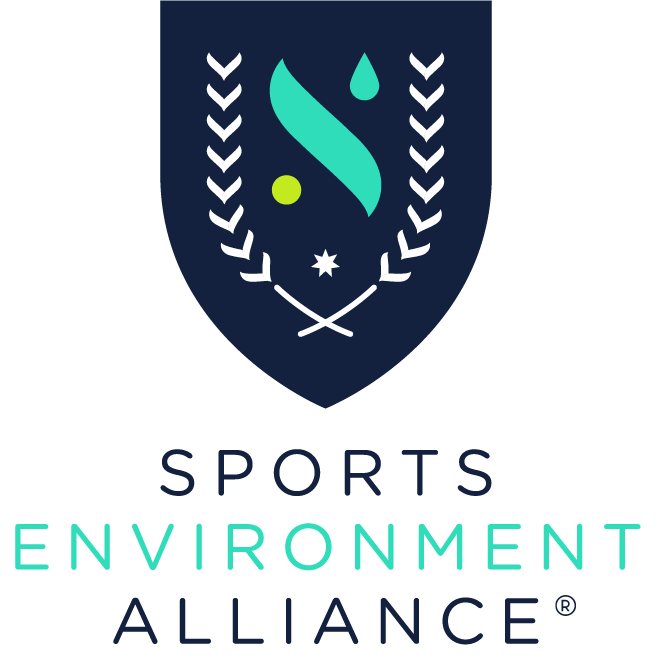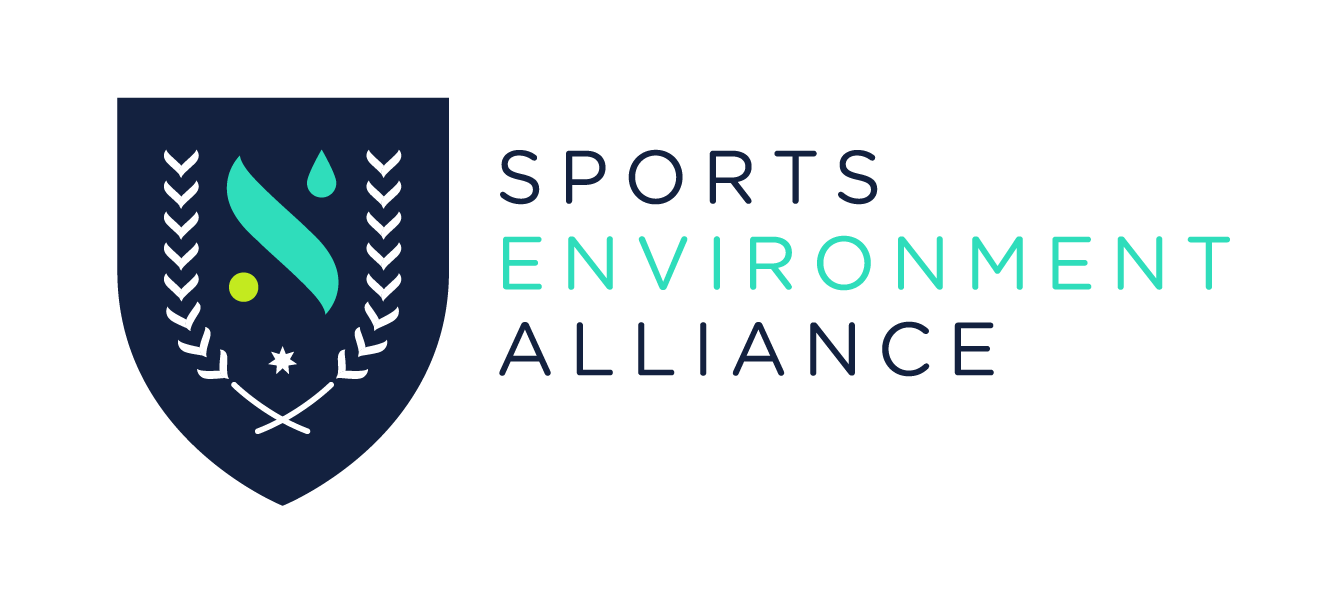SEA sponsorship & sport round table
Sponsorship in sport has occupied the headlines around the world in recent weeks.
While there is a noticeable shift towards making ethical and sustainable choices in this space, the topic has raised an equal amount of uncertainty and questions from sports clubs, organisations, players, and fans alike.
SEA recently hosted a round table on sponsorship and sport, which created a constructive space for SEA Members and experts to discuss best practice, challenges, and ideas.
"We need to have more of a framework and a code of conduct to start to really interrogate and engage with these sponsors beforehand to see where they are sitting on the spectrum of social respectability and what are the risks to our brand if we’re willing to align with them. Is our strategy to divest or engage?" – Amy Steel, SEA Ambassador, former Australian Diamond and WA Leader | Decarbonisation and Climate risk at ENGIE Impact
Speakers included British Association for Sustainable Sport CEO Russell Seymour; SEA CEO Katherine O’Regan; SEA Ambassador Amy Steel, M&C Saatchi Senior Partnerships Director Oliver Braley; and Author, Analyst and Co-Director of the New Weather Institute Andrew Simms.
Key takeaways included:
While the issue of sport and sponsorship was elevated in national prominence due to the Netball Australia and Hancock Prospecting relationship, British Cycling’s deal with Shell highlighted that this is a truly global matter. Individual sports, sporting organisations, as well as athletes across the world are grappling with how they ‘should’ and ‘could’ respond.
In Australia, participation and passion for sport drives a sports industry worth around AUD$50 billion each year. It employs almost a quarter of a million Australians. The recent report Out of bounds: Coal, gas and oil sponsorship in Australian sports, prepared by Swinburne University of Technology’s Sport Innovation Research Group for the Australian Conservation Foundation, is the first research to quantify the number and value of fossil fuel sponsorships in Australian sport. It identified that fossil fuel sponsorships of Australian sports are worth AUD$14-$18 million a year. Many fossil fuel sponsorship deals include high-value naming rights agreements, meaning the sponsor’s name is often displayed on team uniforms or stadiums.
Many sports have initiated the conversation around this topic. It has become evident that this starts with understanding the values of the organisation, the participants, and stakeholders. Partnerships, and alliances need to reflect those values; meaning they need to clearly determine where to draw the line.
The development of a roadmap to transition sport away from fossil fuel sponsorship is critical and it will need action from the top down and the bottom up. Analogies have been made in relation to moves in the 1970s, when tobacco advertising was banned, and the ground swell of community opposition led to a legislative mandate to ban advertising.
There is wide-spread recognition that the withdrawal of this type of sponsorship leaves a funding gap. It has been suggested that one potential way to address this is through the establishment of a ‘blind’ trust might mitigate this gap, whereby companies contribute to the trust, and it supports sport, but the company receives no public attribution for the funding.
If you want to participate in our next workshop or event, make sure you and your organisation join SEA today.
-ENDS-
For more information, or to arrange an interview, please contact Anna Haines at communications@sportsenvironmentalliance.org

